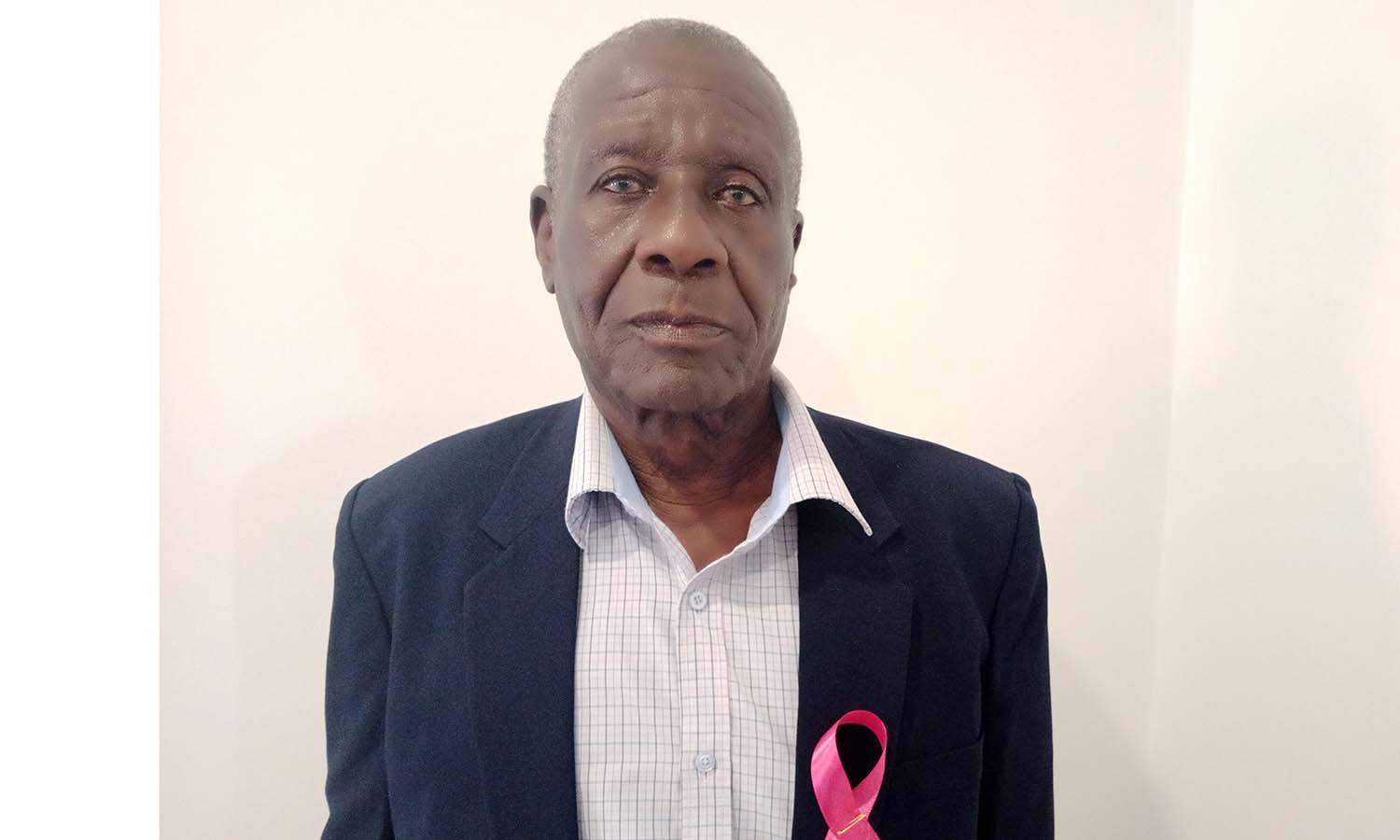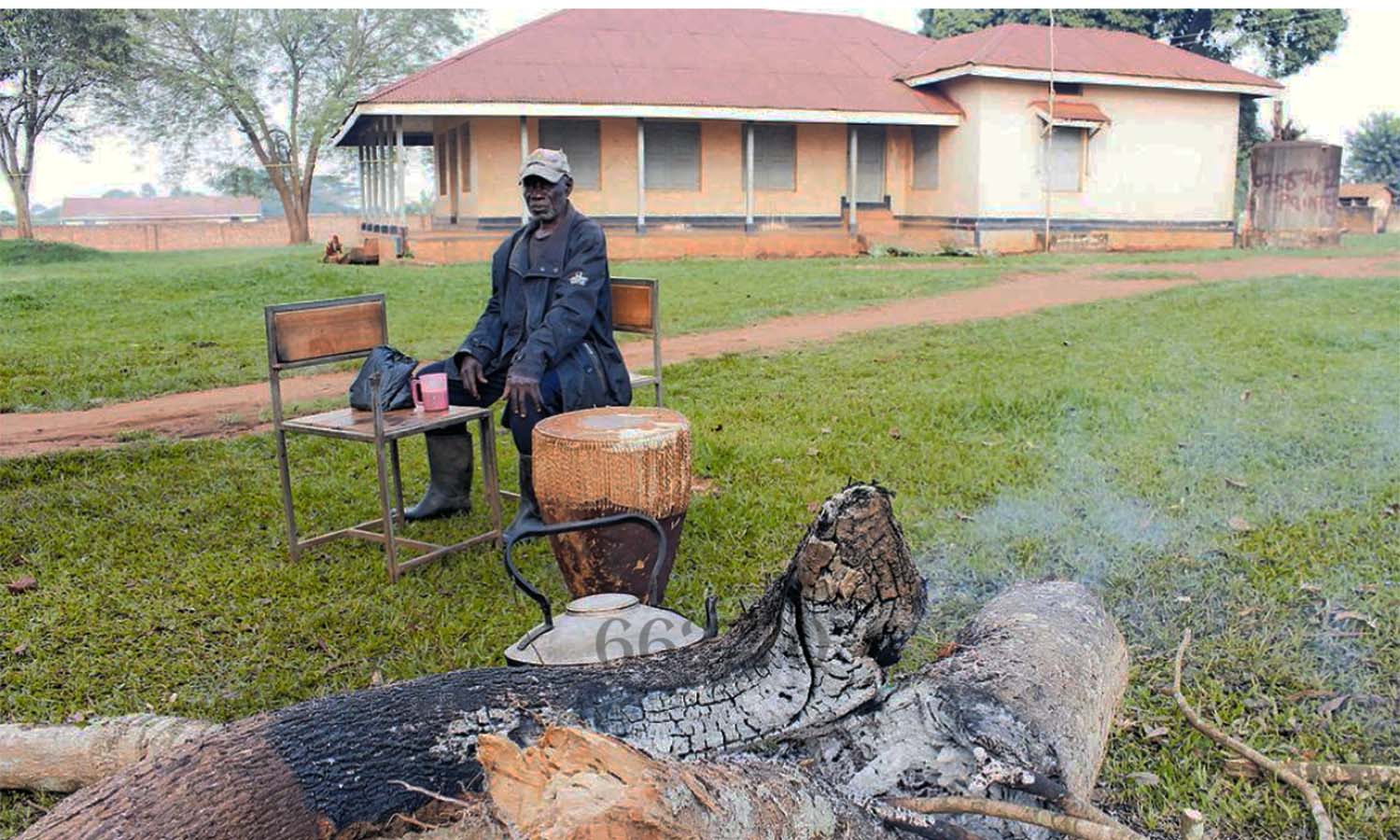
Ms Betty Bigombe, Uganda’s High Commissioner to Kuala Lumpur and former World Bank envoy and State Minister for Pacification of Northern Uganda who was also the peace negotiator during an interview with this publication in Kampala at the weekend.
Former peace negotiator Betty Bigombe has revealed the reasons behind the failure of the 1994 peace deal between the Lord’s Resistance Army (LRA) commander Joseph Kony and the Ugandan government, a pivotal moment that could have ended the war earlier in northern Uganda.
Ms Bigombe, now Uganda’s High Commissioner to Kuala Lumpur and former World Bank envoy and minister, first initiated contact with Kony in 1993. She recounted how the rebel leader was close to signing a peace agreement that would have brought peace to the region. However, she claims their efforts were thwarted by “self-seekers” who profited from the ongoing conflict, even as the clashes between the LRA rebels and government forces continued to devastate northern Uganda, causing tens of thousands of deaths.
In an exclusive interview with this publication in Kampala at the weekend, Ms Bigombe, who also served as State Minister for Pacification of Northern Uganda, explained that Kony had expressed his desire to end the fighting and restore peace through negotiations.
“In 1993 and 1994, we had agreed to negotiate and sign a peace agreement. Unfortunately, that effort was undermined. It is still my conviction that at that time, Kony was ready to talk,” she said.
Ms Bigombe criticised those who sabotaged the peace process, noting that many different actors, including government officials who were benefiting from the conflict, played a role.
“In any conflict, there are always many spoilers. The fact that I was a woman also played a role. Some northerners questioned how a woman could succeed. There were also government officials, specifically within the army, who were benefiting from the war. The ghost soldiers and the junk helicopters were examples of how some army officers were making money,” she said.
The “junk helicopter” deal, a scandal involving the Ugandan government’s purchase of faulty helicopters from a UK-based company, and the issue of ghost soldiers within the military are well-documented controversies.
The Directorate of Military Intelligence revealed that the helicopters did not meet contractual specifications, and part of the payment was never refunded.
The ghost soldiers’ issue further highlighted the army’s challenges in ending the Kony war. Ms Bigombe claimed that the conflict had turned into a business for some officers, with suppliers of weapons, food, and humanitarian assistance profiting from the situation.
She said: “It had also become a business for some officers.”
In response, Brig Gen Felix Kulayigye, the Defence Director of Public Information, dismissed Bigombe’s claims.
He acknowledged that while there were issues with some commanders, the primary reason for the failure of the 1994 peace talks was Kony’s efforts to secure arms from the Sudanese government.
“Kony was establishing contacts with Khartoum for support during the talks. Once he secured their support, he opted out of the talks,” Brig Kulayigye said.
He further noted that the army had taken steps to address the issue of ghost soldiers and prosecuted the errant officers. However, he emphasised that the ghost soldier issue was not the main reason for the peace talks’ failure in 1994.
Mr Bigombe also recounted how the LRA’s attack on Barlonyo Internally Displaced Camp in 2004, which killed hundreds, spurred her to resume peace negotiations.
“When I saw the pictures on the screens, my heart broke. I decided I could not watch as people were being massacred,” she said. She returned to Uganda and urged President Museveni to prioritise peace, warning him that the ongoing war was damaging his legacy.
Bigombe reached out to Kony again, who initially responded with hostility but eventually agreed to resume talks.
“Kony himself came on the phone and said, ‘We want peace. It is Museveni who is against peace.’ I urged him to talk, emphasising the ongoing suffering. Eventually, we resumed the peace process,” she recalled.
Brig Kulayigye, who was part of the peace talks team that met Kony in Garamba, questioned how a government unwilling to pursue peace would send its senior officers unguarded to negotiate with rebels.
“The government was serious about ending the war. The peace delegation included senior figures like Dr Ruhakana Rugunda, the late Jacob Oulanyah, and others, protected only by God,” he said.








